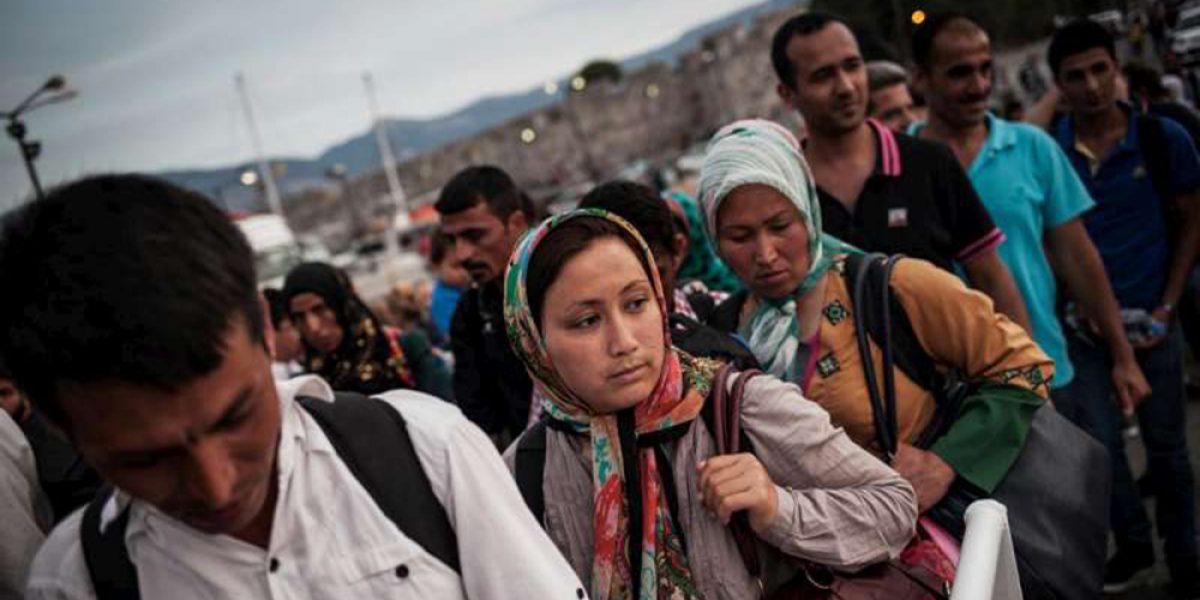International Women’s Day 2018 statement
08 March 2018

Brussels, 8 March 2018 – On International Women’s Day 2018, JRS Europe calls on national governments and EU institutions to ensure that refugee women and girls are properly protected in Europe.
JRS is particularly concerned by recent UNHCR report which shows that refugee women and children are at heightened risk of sexual violence in reception camps on the Greek islands.
The report states that: “In 2017, UNHCR received reports from 622 survivors of sexual and gender-based violence (SGBV) on the Greek Aegean islands, out of which at least 28 per cent experienced SGBV after arriving in Greece. Women reported inappropriate behaviour, sexual harassment and attempted sexual attacks as the most common forms of SGBV.”
“This is especially shocking as many women and girls actually flee their homes in the first place due to gender based violence. Europe is supposed to be a safe place where human rights are respected. Governments must do more to ensure all women, including those seeking asylum, are free to follow their own ambitions in dignity and respect,” says Jose Ignacio Garcia, director of JRS Europe.
According to UNHCR, women and girls make up around 50 per cent of any refugee, internally displaced or stateless population, and those who are unaccompanied, pregnant, heads of households, disabled or elderly are especially vulnerable.
JRS Europe highlights the fact that on 13 June 2017, the EU signed the Council of Europe Convention on Preventing and Combating Violence against Women and Domestic Violence (known as the Istanbul Convention), already signed by all EU Member States and ratified by 17. Under this Convention, the EU and its Member States must protect refugee women and create gender-sensitive reception conditions and procedures.
Testimony of Darya who is seeking a new safe life in Greece
Darya fled Afghanistan because she went to school. She graduated from journalism school in Kabul at age 29, and then took up work with refugee NGOs in the city. This was enough to raise the ire of the Taliban.
“The Taliban do not want women to study or work,” she said. “My husband had already been in Greece for the last four years. The Taliban started to threaten me, and because there was no one to protect me, I decided to go to Greece to be with my husband.”
Darya travelled through Iran to Turkey, and then by boat to Chios in July. The journey was so hard that she refused to give JRS any details, saying only, “I do not want to remember it.”
She made two attempts. The first time was by car from Istanbul to the northern Greek border, but she was caught and sent back to Turkey. The second time was on a boat with 60 people to the island of Chios.
According to Darya, the Greek border guards treated them very roughly. “They were very violent. They robbed me, slapped me on the face; they were shouting at all of us.”
She spent some time in a camp in Chios. When asked about it, she only said, “the situation in the camp was not good.”
Darya applied for asylum in Chios and was given a refugee status, before moving to Athens. Her future remains very uncertain.
“Europe is supposed to be a safe place where human rights are respected. Governments must do more to ensure all women, including those seeking asylum, are free to follow their own ambitions in dignity and respect.”
